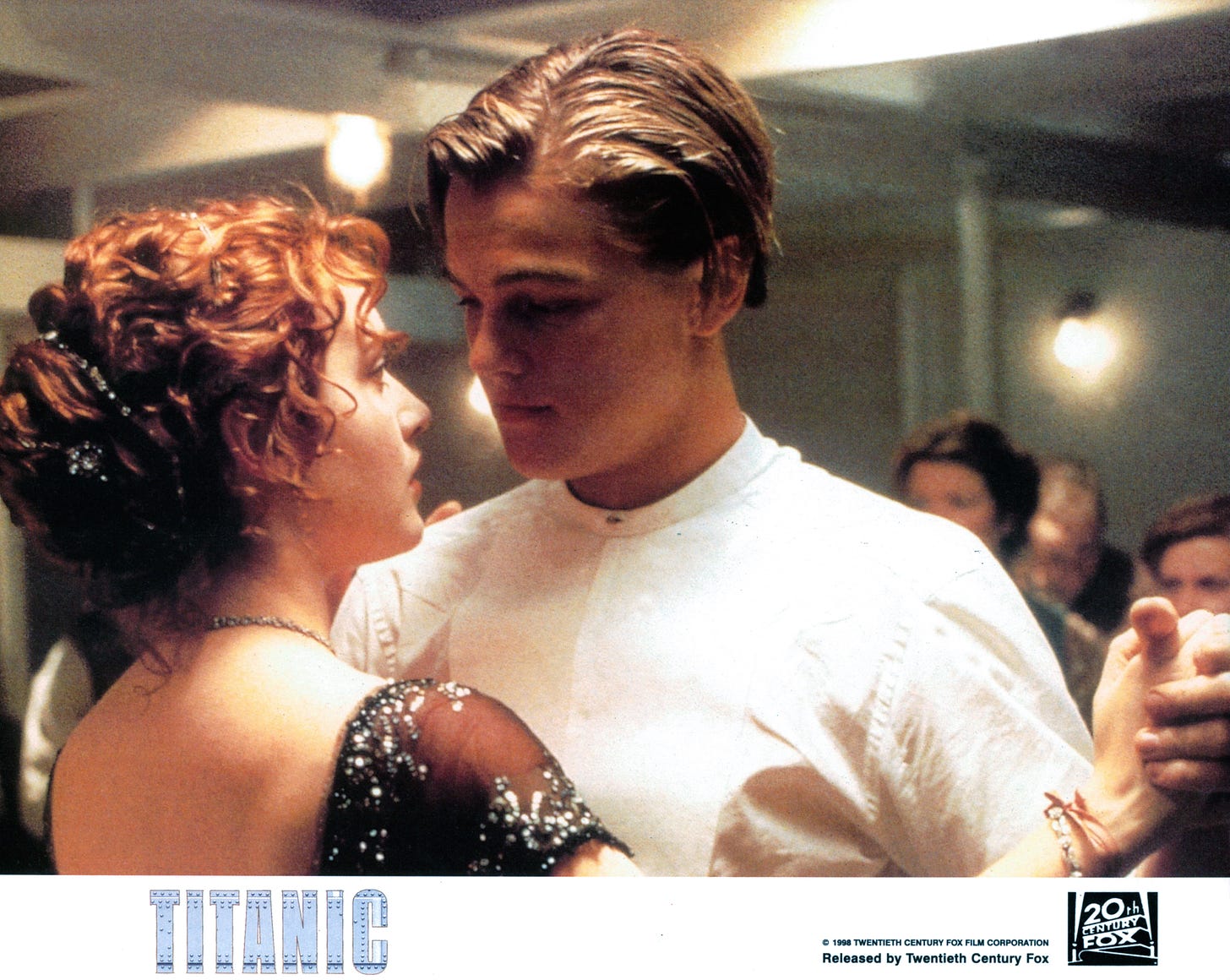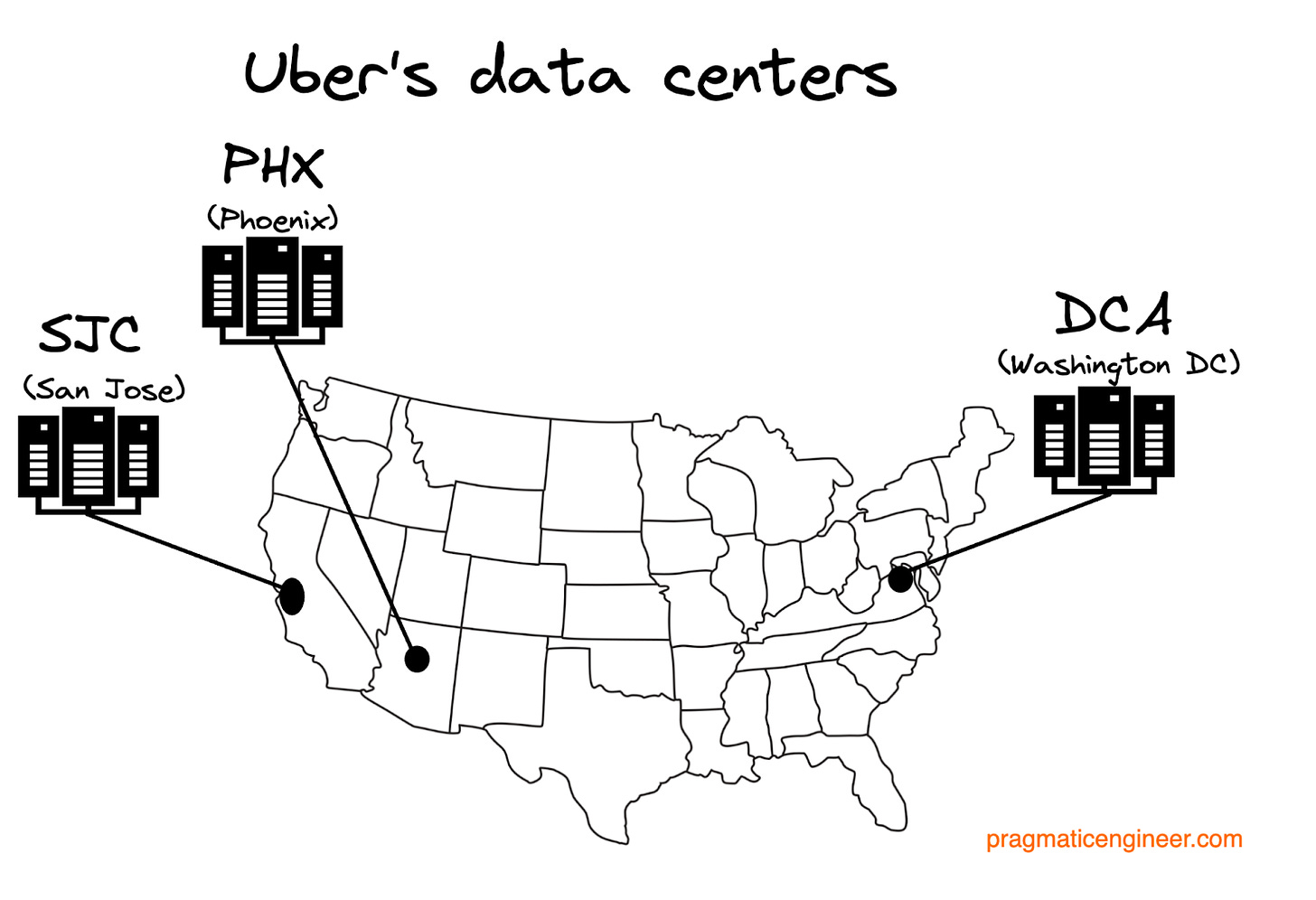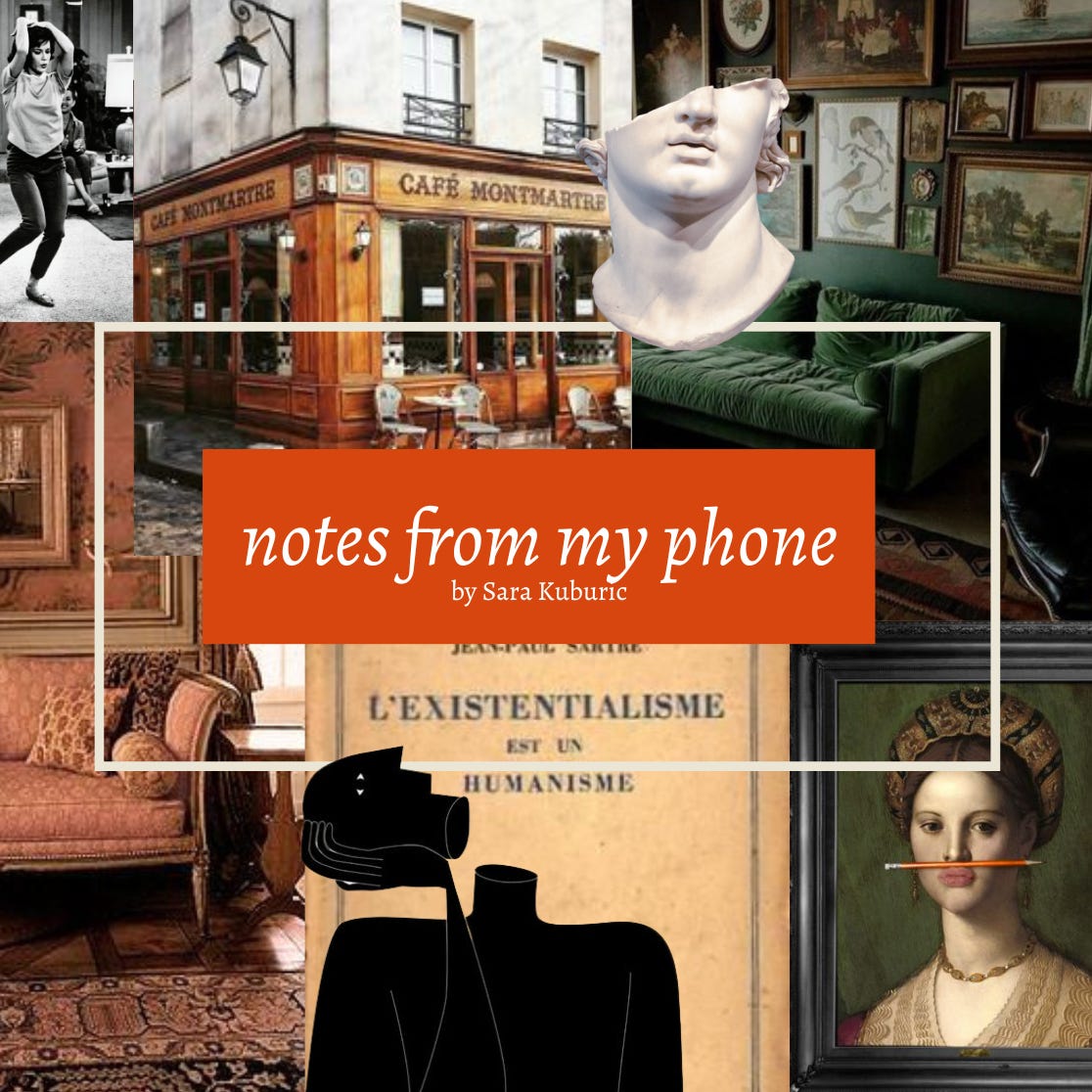Hello readers! At Substack Reads, we delight in the joy of finding new writers to fall in love with each week: some you may know already, others will be delicious discoveries. This week’s edition is no different.
British food writer Rosie Birkett divulges her signature rhubarbmisu pudding recipe that everyone is going mad for, and novelist Elizabeth Berg unravels the memories only a house can hold. Enjoy!
We want to keep writing emails that you want to open. Share your feedback with us about the posts you want to see more, or less, of, in our reader survey:
Whose work are you falling in love with this week? Which writer was your latest subscribe? Share links to other writers in the comments below so your fellow readers can find them.
LITERATURE
Where I used to live
Award-winning novelist Elizabeth Berg remembers an earlier time in her life
—
inIn the summer of 1974, I was a newly married, newly graduated nurse living in Minneapolis, and I was going to move to San Francisco, where my husband would be going to law school. When I told people where I was going, they would invariably say, “Ohhhhh, you’re so lucky!” and it drove me crazy. I didn’t want to go to San Francisco. I wanted to stay in Minneapolis where my friends were, where I knew how to get around, and where the Gem Café on Hennepin Avenue put blueberries in their pancakes by hand, one by one.
But we drove out to San Francisco, my husband and I, and it was I who found the apartment where we ended up living. I liked it because it had bay windows and was really clean, and across the street from Golden Gate Park and not too far from the ocean.
I didn’t know how foggy it would be in the Richmond District; we rented on a sunny day. I didn’t know that we would be there for less than a year because I would end up hating not only the apartment but the entire state. By the time we left, I couldn’t say “California” without sounding like I was spitting.
FILM
How Titanic still has the greatest box-office run ever
James Cameron’s Titanic dominated cultural mindshare in one of the last true pre-internet periods. But what was the key to its pan-generational appeal and 15-week-long box-office stint? We take a whirl back in time to 1997
—
inEven with all the sacrifices, few had faith that Titanic would succeed. Cameron’s team rebuilt much of the ship for filming in Mexico, and the film’s disaster theme led to numerous injuries and all-around difficult work conditions (side note: Cameron almost punted on Leo because the young actor had a nonchalant attitude, but as soon as he delivered a line … he was a no-brainer).
Many critics compared Cameron’s effort to another nautically themed theatrical flop: Kevin Costner’s Waterworld was released in 1995, and the film—on a record-breaking budget of $175m—barely broke even (however, the Waterworld IP has crushed it for Universal Studios theme parks … but remember, Titanic didn’t even have that option, unless you think going on a Titanic ride is a good idea).
So how did Titanic crush it?
It actually got very lucky with its release schedule. Titanic was originally slated for July 1997, right in the heart of the summer blockbuster season.
For the summer release, the studios wanted Cameron to trim the film’s length. Cameron wasn’t cool with that and also needed more time to get the special effects just right.
As a result, Titanic was pushed to the end of December. The schedule change turned out to be a huge boost.
FAMILY
The unbearable estrangement of other people’s families
Slate’s former advice columnist, Daniel Lavery, writes on the difficulty of dealing with letters from readers about their family estrangements
—
inI do think there’s often a case to be made for forbearance, for taking people as they are and accepting their human limitations with cheerful tolerance (even one’s parents!) as much as possible. And the last fifty or so years have seen a remarkable shift in how much hard vs. soft power the average parent can wield over their children in this country—the forces of tradition, public opinion, corporal punishment, and economic influence that once operated primarily in parental favor have largely declined, such that the ability to command has often given way to mere suggestion, hope, insinuation, persuasion, bargaining, attraction, or wheedling. I don’t wish to underestimate the scale of the change from what a child in the 1950s or ’60s might be taught that they owed to their parents versus what they expected of their own children in the ’80s and ’90s, and what those children in turn thought was a fair estimation of what they owed to them. And who, whether parent or child, doesn’t hope to be understood by others, doesn’t hope to receive the benefit of the doubt, doesn’t wish to be seen in a friendly and sympathetic light?
For obvious demographic reasons, I mostly hear from adults (some young, others not-so-young) contemplating estrangement from one or more parents, sometimes an entire branch of their family; I very rarely hear from adults considering disowning or ending a relationship with an adult child, and almost never from an adult whose grown child has stopped speaking to them.
TECHNOLOGY
Inside Uber’s move to the Cloud
In a two-part series, former Uber engineer Gergely Orosz dives into how the company built its own data centers, and the push to the Cloud from pressures such as Covid-19
—
inUber has been one of the few Big Tech companies operating its own data centers, resisting the temptation to shift most of its compute and data storage capacity to the Cloud, for many years. During my time there in 2016-2020, there was some usage of AWS and GCP, and engineers say this usage has only grown since, although Uber continued investing heavily in its own data centers.
But on 13 February, Google Cloud CEO Thomas Kurian publicly confirmed the signing of a long-term contract with Uber to move to the Cloud, following reporting by the Wall Street Journal.
So what happened and why? I’ve talked with infrastructure engineers at Uber to get a clear picture of the context that led to this.
FOOD
Rhubarbmisu: the rhubarb dessert you should all be making this weekend
In her new Substack, food writer Rosie Birkett shares an unmissable boozy pudding recipe
—
inIt’s March, it’s forced rhubarb time, and so, my friends, I give you rhubarbmisu. It’s a recipe I’ve been working on for a while (as any Instagram followers might have seen), and it’s a rhubarb bonanza, perfectly timed to coincide with the availability of Yorkshire forced rhubarb, which—in case you don’t know—is specially grown in dark, damp sheds in Yorkshire’s rhubarb triangle (a 9-square-mile area in West Yorkshire, near Wakefield) and hand-harvested by candlelight. Growing rhubarb in this warm, dark environment tricks it into thinking that it’s spring, resulting in fast-growing, super-sweet, highly nutritious vivid pink lengths of this magical vegetable (yes, technically a vegetable), and I know all this because a few years ago I filmed a short piece about it for Saturday Kitchen which sometimes comes back to haunt me on Best Bites. It was wild: you can literally hear the rhubarb creaking and cracking as it grows. But the real point here is this—it’s a wonderful ingredient that brings so much colour and unique flavour to desserts at this time of year, and while it does command a pretty penny, I’d say it’s worth splurging on as a special treat.
SPIRITUALITY
On being a Zen jerk
Rinzai Zen priest Cristina Moon knows training in Zen Buddhism isn’t all about compassion, calm, and just being chill. Sometimes you can “stink of Zen”
—
inPeople talk about fragrance a lot in Zen, usually in a good way. There’s the brushwood gate that gives off its wonderful, earthy perfume without conscious intent. The cut branches naturally release a scent in the same way that the sakura tree blooms and then releases its flowers all at once in a beautiful snowy blanket of petals.
The brushwood gate and the sakura do these things because to do so is in their constitutions and they can’t help it. In contrast, when something is put on or contrived, it is experienced instead as excessive and cloying. It starts to stink.
I stink of Zen when I try to make a lively conversation too conceptual, inserting Zen ideas or stories in an effort to teach someone something or assert myself as somehow better-than. Another way to stink of Zen is to use Zen words and phrases like a coded language, separating a crowd into those who know and those who don’t know.
Recently launched
Returning to Substack in
, shares thoughtful analysis on the future of tech, venture capital, and the strategies and tactics behind exceptional businesses. His latest post tells the origin story of Substack and its co-founders:Also new to Substack:
Coming soon
Congratulations to the following writers celebrating publication:
Juli Min of
will have her debut novel, Shanghailanders, published in 2024 by Spiegel & Grau: ’s anthology and retrospective Dear Prudence, covering his tenure as Slate advice columnist from 2016 to 2021, is available to preorder now before publication in April:Inspired by the writers featured in Substack Reads? Writing on your Substack is just a few clicks away
Substack Reads is a weekly roundup of writing, ideas, art, and audio from the world of Substack. Posts are recommended by staff and readers, and curated and edited from Substack’s U.K. outpost by Hannah Ray.
Got a Substack post to recommend? Tell us about it in the comments.






















Gosh, there is so much good stuff to read here -- and my to-be-read list is already starting to topple! Thanks for your great work
Lovely to see Substack celebrating its writers constantly. Found some great things here again!
I’ve really been enjoying Katherine Ormerod’s Substack - Every Shade of Grey recently :)